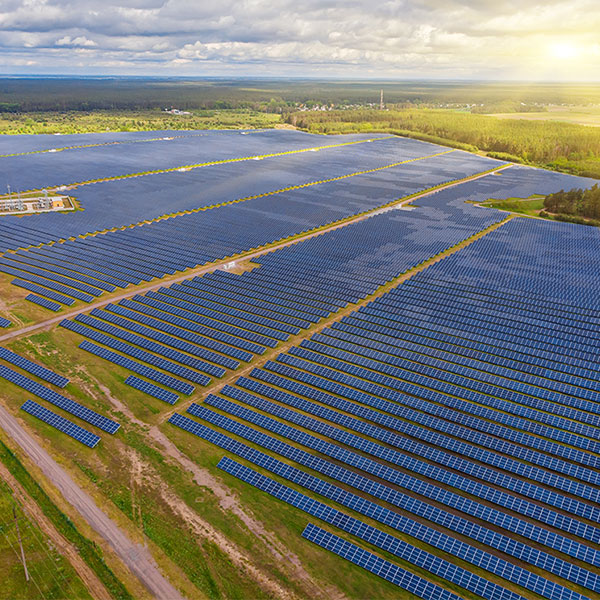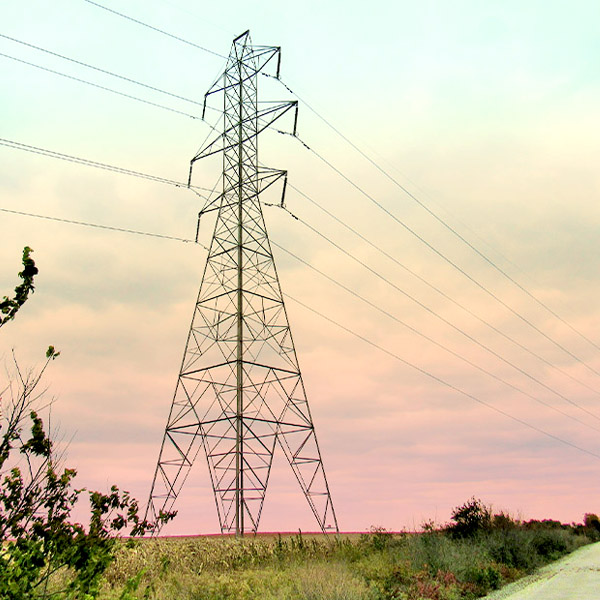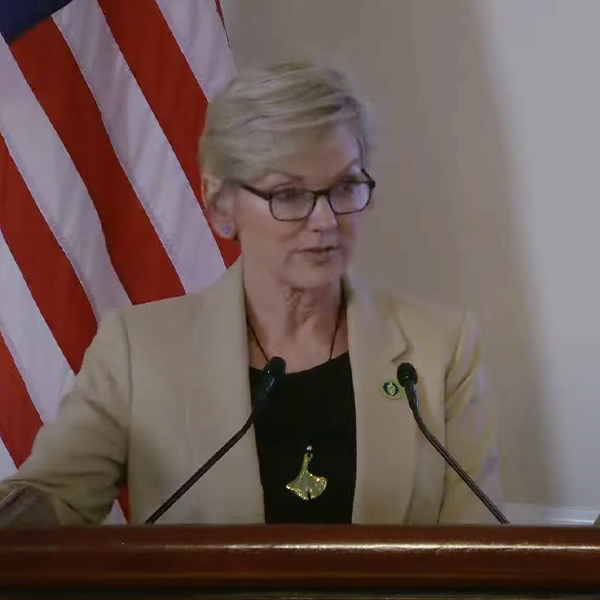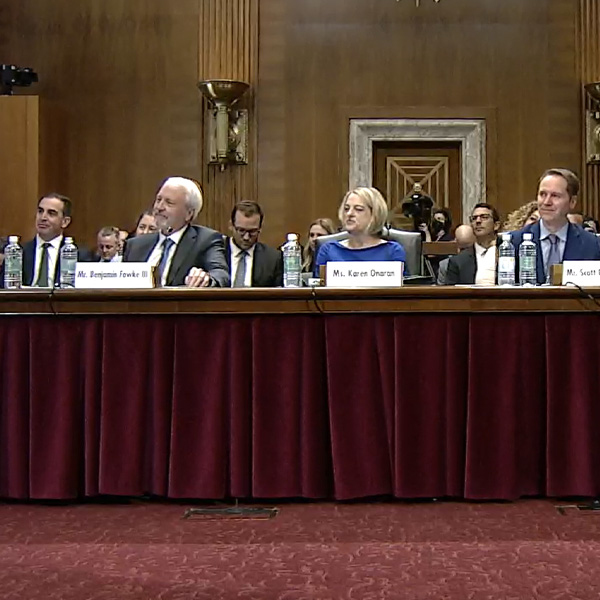Environmental Regulations
A California wildfire fund created by state lawmakers in 2019 could serve as a model for a similar nationwide fund, speakers said during a webinar hosted by Americans for a Clean Energy Grid.
Energy consultant Kenneth W. Costello says state utility regulators in recent years have exhibited political posturing that deviates from their original mission.
FERC is getting an early taste of life without Chevron deference after the Supreme Court remanded a case involving the Public Utility Regulatory Policies Act back to an appeals court.
The U.S. District Court for Western Louisiana issued a stay on the Biden administration’s pause in considering new applications for LNG export facilities.
In a 5-4 decision, the U.S. Supreme Court issued an emergency pause on the implementation of the EPA’s “Good Neighbor Plan,” which is aimed at reducing ozone pollution, a key component of smog.
The economic forecasts for both New York state and the U.S. are reasonably healthy, stakeholders learned at NYISO’s annual Spring Economic Conference.
The states that filed for a rehearing of FERC Order 1920 on transmission planning and cost allocation either argue the federal regulator is overstepping its authority or want changes to the order to ensure it doesn’t upset ongoing regional planning efforts.
States participating in the Federal-State Modern Grid Deployment Initiative have committed to supporting the adoption of advanced grid solutions that expand capacity and add capabilities to existing and new transmission and distribution lines.
The Edison Electric Institute has joined the litigation against EPA’s power plant rules under Clean Air Act Section 111, filing its own petition to review the rules and intervening in existing suits.
Sen. Joe Manchin rebuffed Majority Leader Chuck Schumer's assertion that permitting reform was dead in the current Congress during an Energy and Natural Resources Committee hearing on load growth from data centers.
Want more? Advanced Search









